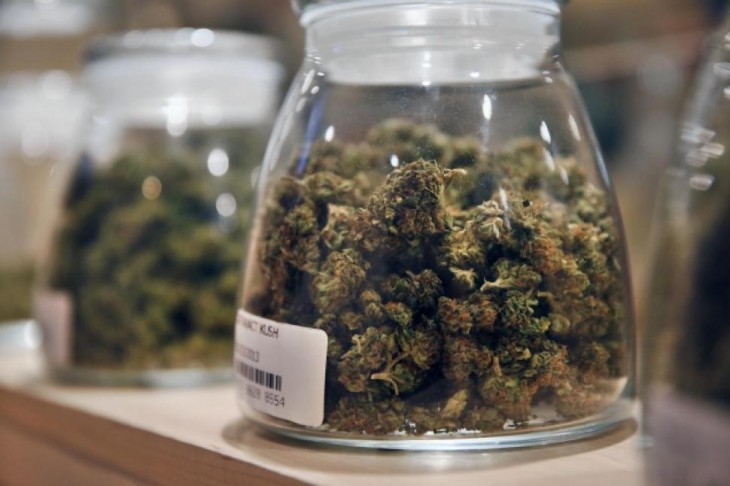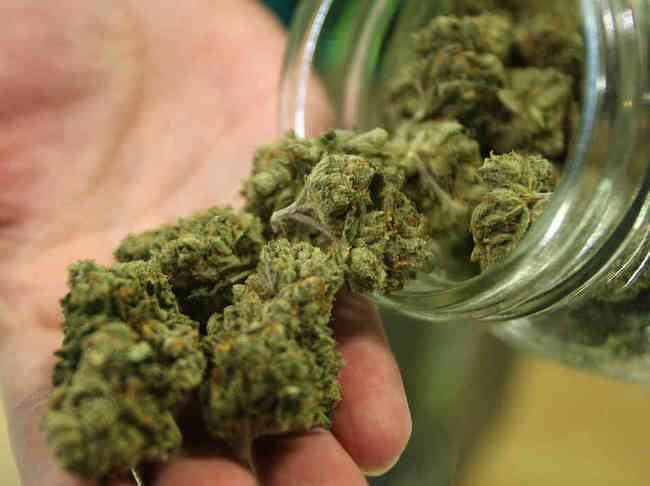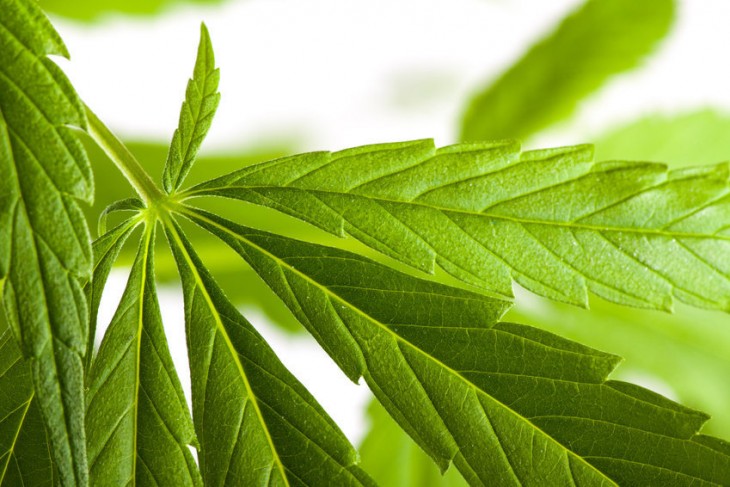Marijuana and Technology: The Other Side of Legalization
When you think about cannabis legalization, you usually imagine smoking pot in the streets of your town, or at least at home; growing your own marijuana plants and enjoy some organic weeds; maybe you think about different kinds of pipes and bongs, and you wonder which ones are the best. If you are really progressive, you might think about cannabis and the Internet, and you probably remember that it is now possible to go online and buy good quality seeds. Not many people, however, think about the role cannabis legalization is playing as the driver of a real technology revolution in the postmodern industrial agriculture.
Quoting Troy Dayton, CEO of ArcView Group, a cannabis-industry research firm based Oakland, “Cannabis is spurring on an ag-tech revolution. This is a boom born entirely out of ending repressive laws. The market is already there, it’s just moving from the shadows into the light. That’s why you’re seeing this incredible growth and why so many people see it as an once-in-a-lifetime [business] opportunity.” The technological side of this growth is often underestimated or overlooked, but the reality is that cannabis legalization is giving engineers the opportunity to reinvent tools and techniques that can be used to grow different kinds of plants and flowers.
As MariaGallucci wrote in her article published on International Business Times, “Technology developments in the cannabis sector focus primarily on interior cooling and ventilation as well as lighting, which together account for as much as 70 percent of the cost to grow a single gram of marijuana, by some estimates. Systems are being built to guzzle less electricity while producing greater volumes of crops. Others are being designed to automatically respond to changes in moisture, sunlight and temperature, so that cannabis grows in its optimal environment. Technologies also collect reams of data, allowing growers to tinker with their greenhouses and operations to find the best conditions for multiple cannabis varieties.”
This is indeed a revolution, which creates new jobs and also new opportunities to improve agriculture as a sector. It is about efficiency and technology, originality and progress. I really wonder how many of you—dear readers—thought that cannabis legalization could soon turn into a new technological revolution? All considered it seems fair to claim that cannabis is good for our health and for our economy, for our brain and for our technology: yes, marijuana is a special plant.









